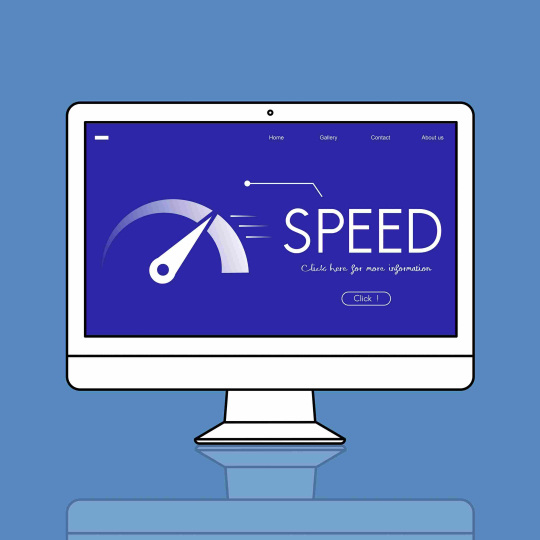As JavaScript developers, we often focus on what works, but not always on how fast it works. Whether you're optimizing a loop-heavy function, comparing multiple algorithms, or just curious — knowing how much time a function takes to run can be incredibly useful.In this tutorial, we’ll create a simple JavaScript speed test utility to measure the execution time of any function.
🧠 Why Measure Function Speed?
Here are a few solid reasons to track execution time:✅ To identify bottlenecks in your app✅ To compare different approaches (e.g., loop vs. map)✅ To ensure performance before shipping production code✅ Just to geek out and learn 😄🛠️ The speedTest Function
Let’s build a reusable JavaScript function that accepts:a function to testthe number of times it should runand logs the total & average timefunction speedTest(fn, iterations = 1) {
const start = performance.now(); for (let i = 0; i < iterations; i++) {
fn();
} const end = performance.now();
const totalTime = end - start;
const avgTime = totalTime / iterations; console.log(`Total time for ${iterations} runs: ${totalTime.toFixed(4)} ms`);
console.log(`Average time per run: ${avgTime.toFixed(4)} ms`);
}
How to Use It
Let’s say you want to test how fast this loop runs:function myTask() {Now run it like this:
let total = 0;
for (let i = 0; i < 1000000; i++) {
total += i;
}
}
speedTest(myTask, 50);This will run your myTask function 50 times and print:
Total time for 50 runs: 42.5431 ms
Average time per run: 0.8509 ms
🧪 Compare Two Functions
function slowTask() {he logs will clearly show the difference in total and average execution time.
for (let i = 0; i < 1e7; i++) {}
}function fastTask() {
for (let i = 0; i < 1e5; i++) {}
}speedTest(slowTask, 10);
speedTest(fastTask, 10);
Bonus: For Async Functions
If you want to test asynchronous functions (e.g., API calls, setTimeout), here’s an async version:async function speedTestAsync(fn, iterations = 1) {Example:
const start = performance.now(); for (let i = 0; i < iterations; i++) {
await fn();
} const end = performance.now();
const totalTime = end - start;
const avgTime = totalTime / iterations; console.log(`Total async time: ${totalTime.toFixed(4)} ms`);
console.log(`Avg async time: ${avgTime.toFixed(4)} ms`);
}
async function waitTask() {
return new Promise(resolve => setTimeout(resolve, 10));
}speedTestAsync(waitTask, 5);





